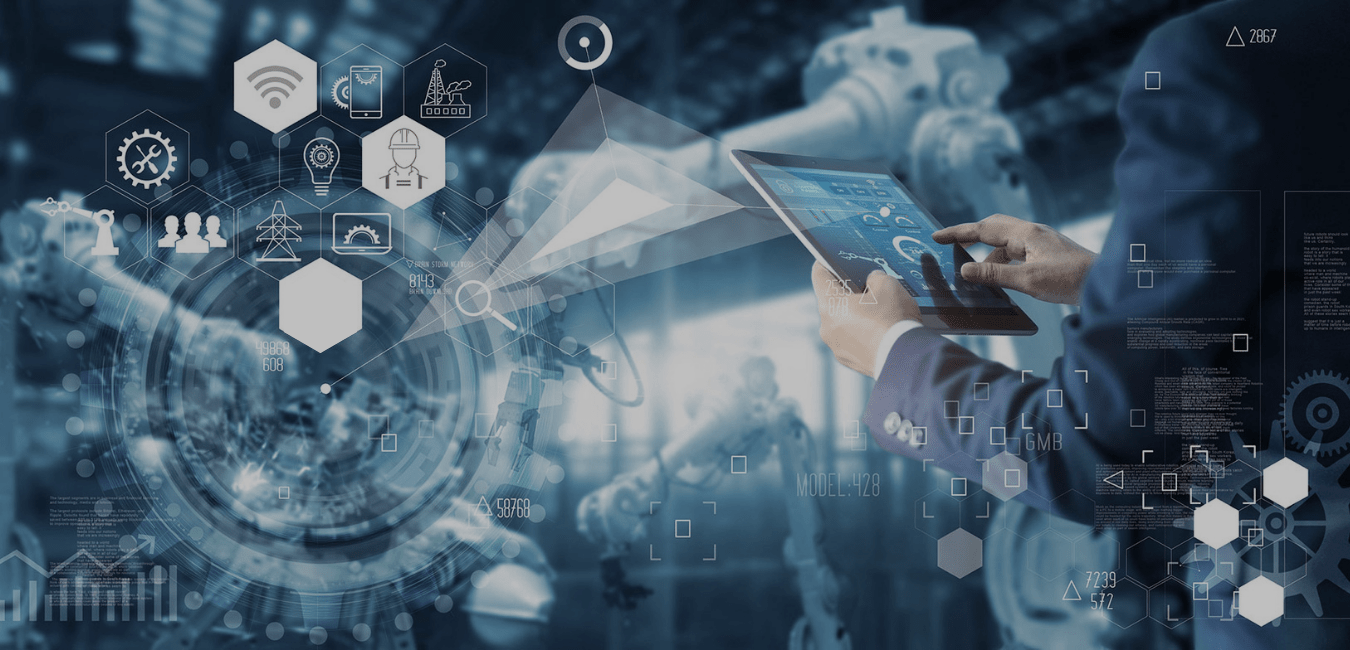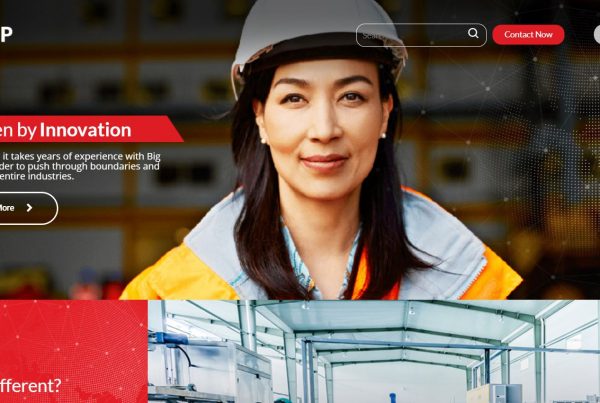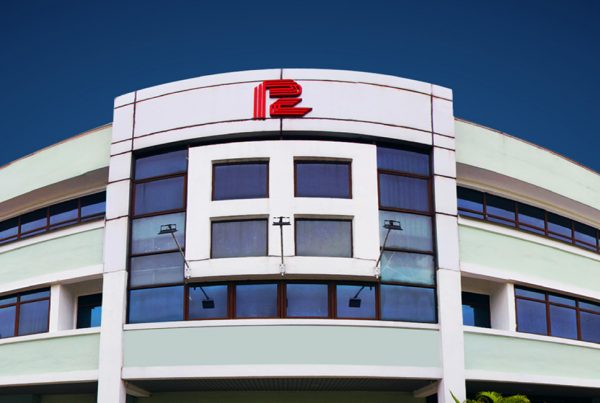Industry 4.0 Digital Transformation – Why It Matters
What is Industry 4.0 Digital Transformation ?
Industry 4.0 Digital Transformation may be a buzzword to many but it truly represents a way for companies to transition into the digital age in an effective and productive manner. Industry 4.0 is about far more than the impact of technology. It is a fusion of sorts between production and information and communication technology. What it provides is a coming together of cyber systems which provide intelligent connections and improve industrial production systems. It provides a connectedness between things and allows for everything to communicate with each other and increasingly, this happens quite seamlessly.
Whether it is through the internet or networked production systems, this connectedness is transforming not just the way we work but also our lives. It touches almost everything we do today. For businesses that embrace the changes wrought by Industry 4.0, this means the advent of the smart factory – connections between machinery and production lines, between one machine and another, and then as importantly, with your supply chain.
Many big businesses and global brands are adopting Industry 4.0. Companies are jumping on board to automate, simplify processes, drive optimal efficiency and become more effective in how they run their business.
The digitisation of the manufacturing sector
What is driving this development? Over the years, the deluge of data that we as companies are able to collect and what is made available to us is staggering. This rise in data volumes has been driven by improvements in computational power as well as broadband connectivity. It has also been influenced by the emerging analytics capabilities we’ve seen in recent times as well as the new forms of HMI (human machine interaction) available. These include elements like touch interfaces as well as augmented or virtual reality. While all data collection is typically driven by a goal or goals, this data then needs to be made sense of, assessed for veracity and then acted upon. And all of this activity is driven by our desire to better engage with our customers, to better anticipate customer needs and market sentiment and importantly, in order to exceed customer expectations.
Multi-fold benefits
Internet 4.0 matters because of the vast transformations that can be brought about once adopted. Logistics as well as entire supply chains can be optimised to better deliver services and meet the demands customers are expecting. The use of robots is also a key part of developments in Industry 4.0 as they have become more ubiquitous and affordable. All of these developments have come together to support the manufacturing process, reduce costs and enable better integration across the different touchpoints. What is incredibly interesting about the connectedness of devices and crossing over of information flows is how it is enabling businesses to become better at what they do, helping them optimise their operations and leverage insights where they can and in ways they were previously unable to do on their own.
These are creating multiple benefits for organisations who are willing to embrace these big changes and move with the times. These benefits include better connectivity between the business and customer as well as within the entire supply chain. There is greater flexibility in meeting business demand. Further, as Industry 4.0 allows us to maximise and leverage machinery, robotics, AI and more, this means we can create safer workplaces and jobs as well as improvements in the production process.
All of this is particularly useful because of the world we live in today – increased market volatility, shorter product life cycles, more complex business offerings and products and the prevalence of global supply chains. The companies that thrive are those that desire and are able to successfully navigate these changes and business trends.
While increased automation, robotics and AI can be confusing and raise fears about the place of humans in this increasingly interconnected world, the fact remains that as machines get smarter, the work in production lines can be significantly improved upon, manual tasks can all but disappear and workers move away from labour intensive tasks to roles where they seek to coordinate and manage machines. These create two benefits – it allows humans to focus on managing complexity and solving bigger business problems and simultaneously, eliminates many of the mistakes generated by human-managed production.





